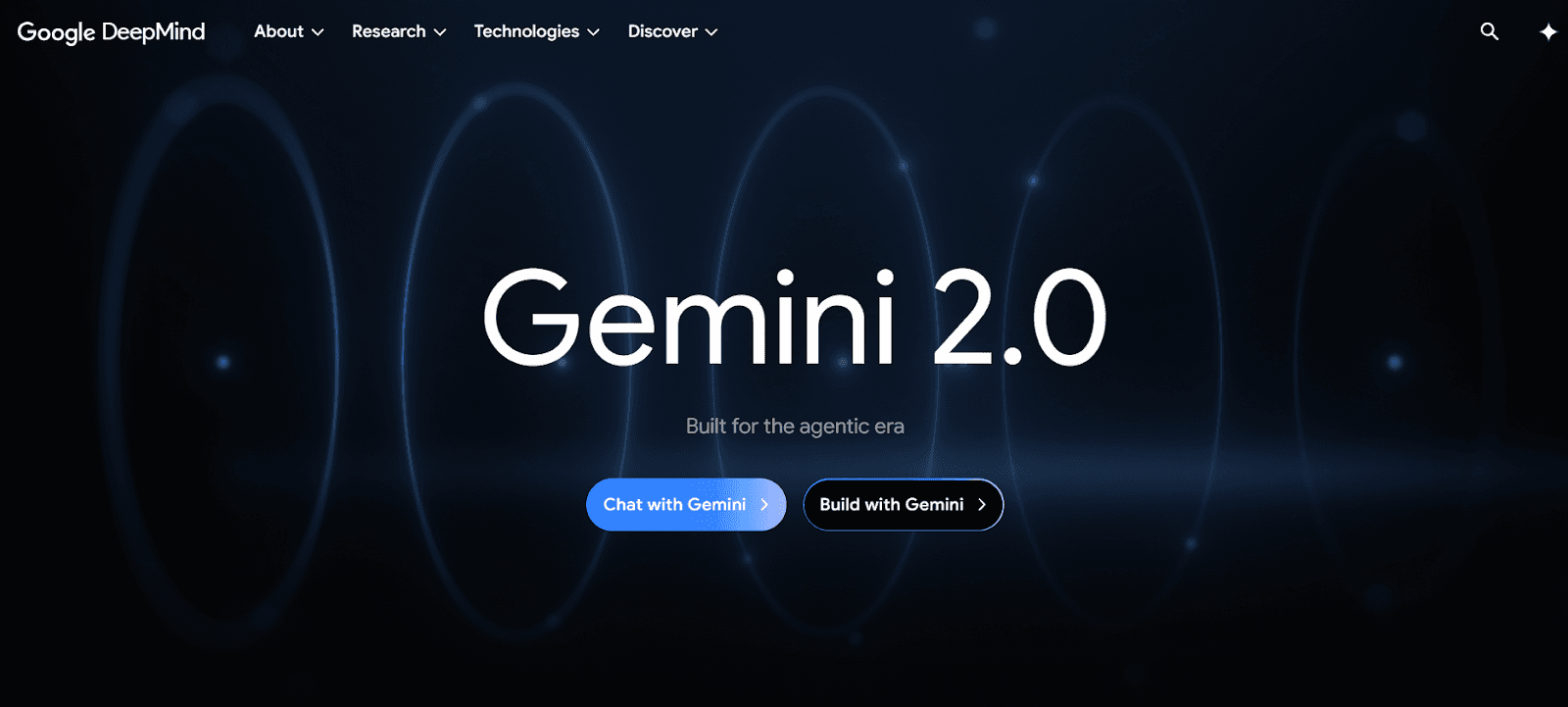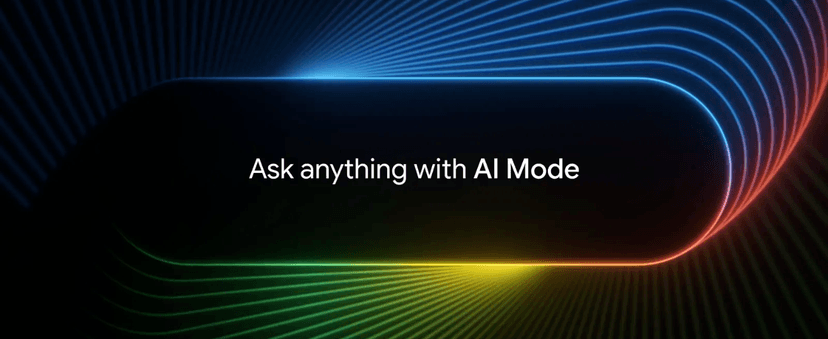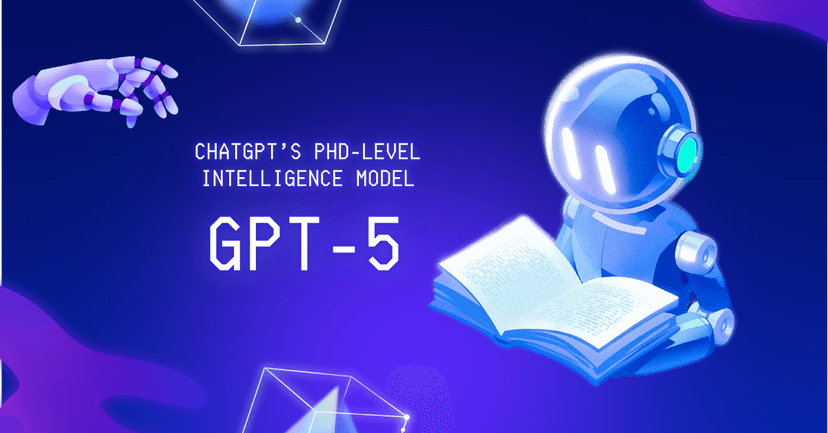
Google’s Gemini “Deep Research” Expands to 40 Languages
Google’s Gemini Deep now supports 40 languages. Premium users can create in-depth research briefs with advanced reasoning. Learn more about it in this post today!
Related Articles
Discover more insights and expand your knowledge with these hand-picked articles

Google's AI Mode In Search Now Available To Select U.S. Users
Google is officially testing AI Mode in Search with more advanced capabilities (thinking, reasoning, multimodal) to help users even with complex questions and give them AI-powered responses that can go deeper with follow-up questions and web links.

Google Unveils “Nano Banana” Upgrade for Gemini’s Image Editing (Now Live for ALL Users)
Google has unveiled its latest breakthrough in AI image editing with “Nano Banana.” It’s a welcome upgrade inside the tech giant’s Gemini app, promising sharper realism and more creative flexibility.

OpenAI’s GPT-5: ChatGPT Leaps to PhD-Level Intelligence
OpenAI finally unveiled GPT-5 last August 7. It’s the AI brand’s latest iteration of its venerable ChatGPT, except the 5th generation now delivers PhD-level intelligence.
Ready to Create Amazing Content?
Join thousands of creators who use Puppetry to bring their ideas to life. Start creating engaging content today with our AI-powered platform.